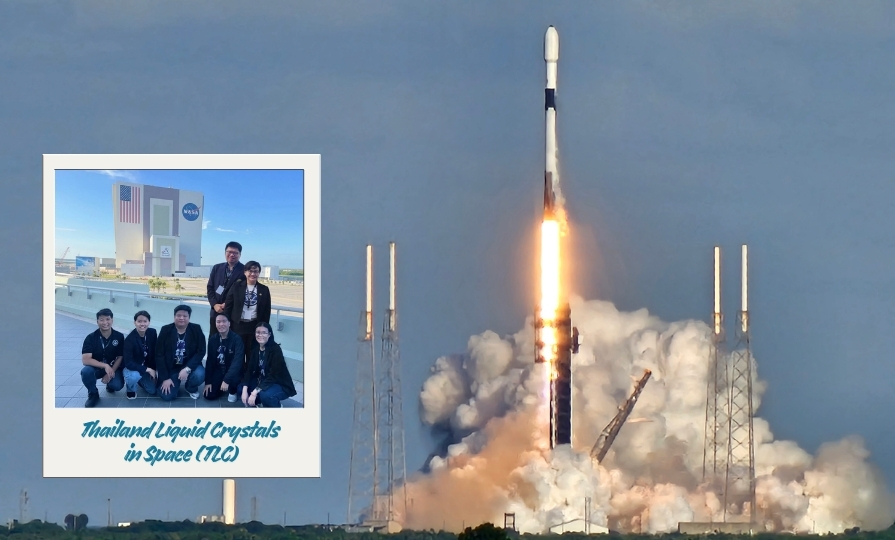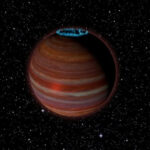CAPE CANAVERAL, FLORIDA –In a landmark moment for Thai science and space exploration, the “Thailand Liquid Crystals in Space” (TLC) project was successfully launched to the International Space Station (ISS) aboard a SpaceX Falcon 9 rocket on September 15, 2025. The rocket lifted off from Cape Canaveral, Florida, at 5:11 AM, Thailand time, carrying a specialized experimental payload designed by Thai researchers.
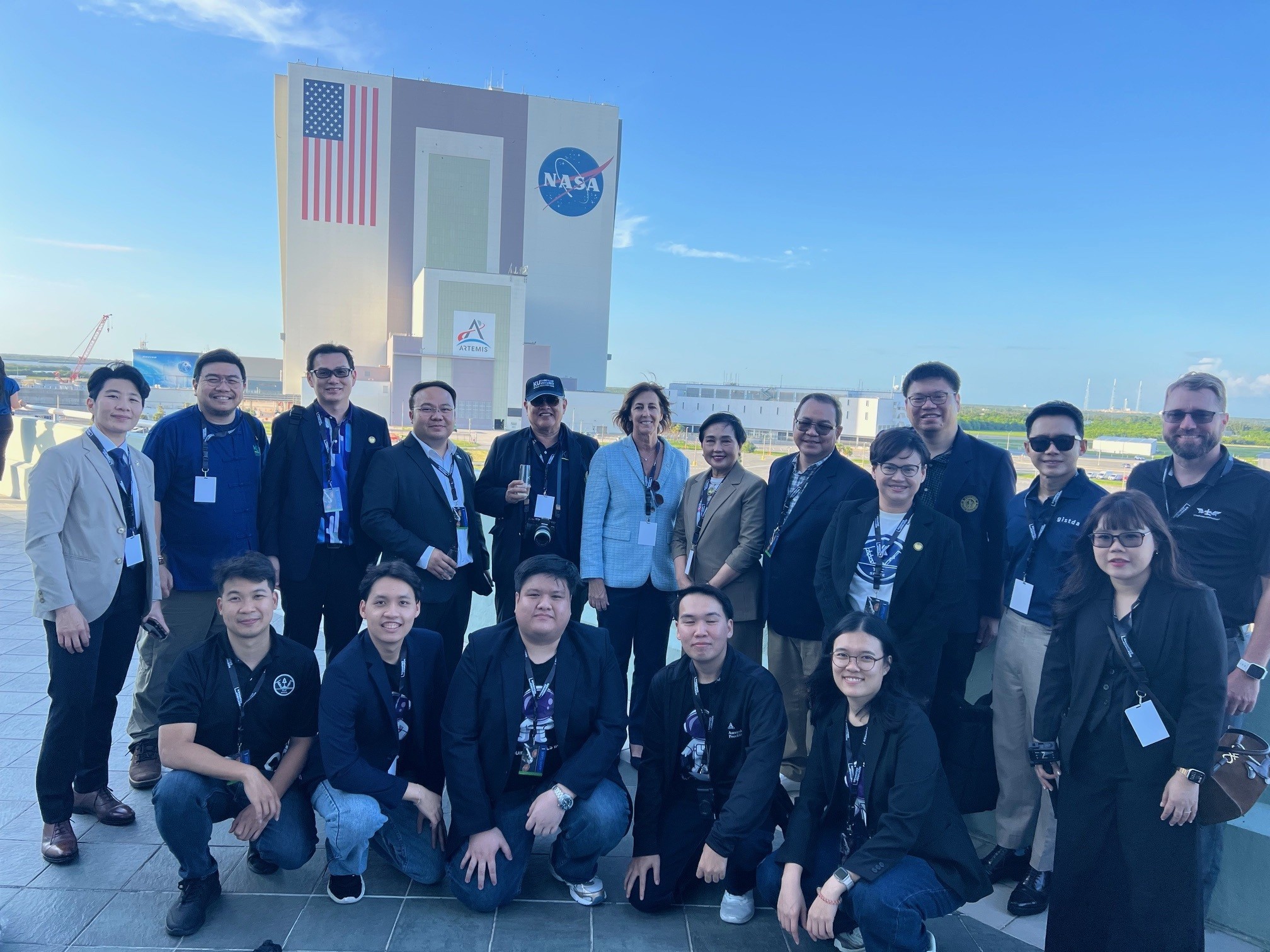
The mission, a collaboration between Kasetsart University and the Geo-Informatics and Space Technology Development Agency (GISTDA) under an agreement with NASA, marks the first time a Thai scientific research payload has been sent to the renowned orbiting laboratory. The Cygnus NG-23 spacecraft, carrying the Thai experiment, successfully docked with the ISS on September 18, 2025.
Led by Associate Professor Dr. Natthaporn Chattham of Kasetsart University’s Faculty of Science, the project aims to study the behavior of liquid crystals in a microgravity environment. The research is expected to provide a deeper understanding of the fundamental properties of liquid crystals, which could lead to significant advancements in Liquid Crystal Display (LCD) technology, paving the way for screens that are sharper, faster, and more energy-efficient.
The Mission’s Core: The TLC Payload
The heart of the mission is the Thai-developed payload, an automated experimental device comprised of two main parts: an “image module” and a “control module”. The entire system is managed by a compact Raspberry Pi 4 Model B computer.
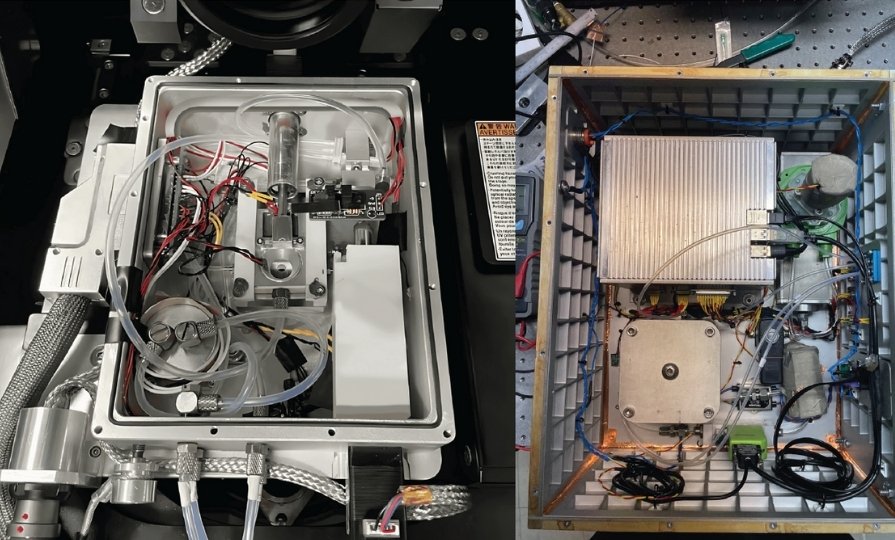
The payload is designed to conduct three key experiments on liquid crystal films:
- Vapor Pressure Experiment: To study how differences in humidity and water vapor pressure affect the liquid crystal film, potentially inducing a “Lehmann rotation”.
- Air Shearing Experiment: To observe the formation and behavior of defects in the film when subjected to shearing stress from blown air.
- Thermal Experiment: To analyze how temperature gradients, created by a transparent heater, alter the molecular alignment within the liquid crystal film.
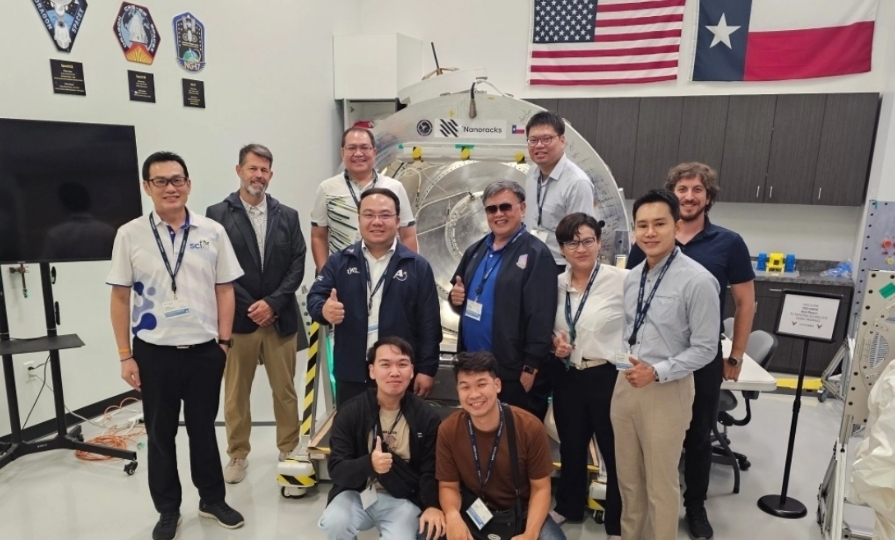
These experiments will be remotely operated from the ground and will utilize the ISS’s KERMIT (KEyence Research Microscope Testbed), which has been specially modified by astronauts with polarization filters sent along with the payload.
A New Frontier for Thai Technology
The experiments are scheduled to begin on December 1, 2025, and will run for a total of 144 hours over 48 sessions. The data and samples are expected to return to Earth in early 2026 for in-depth analysis by the Thai research team.
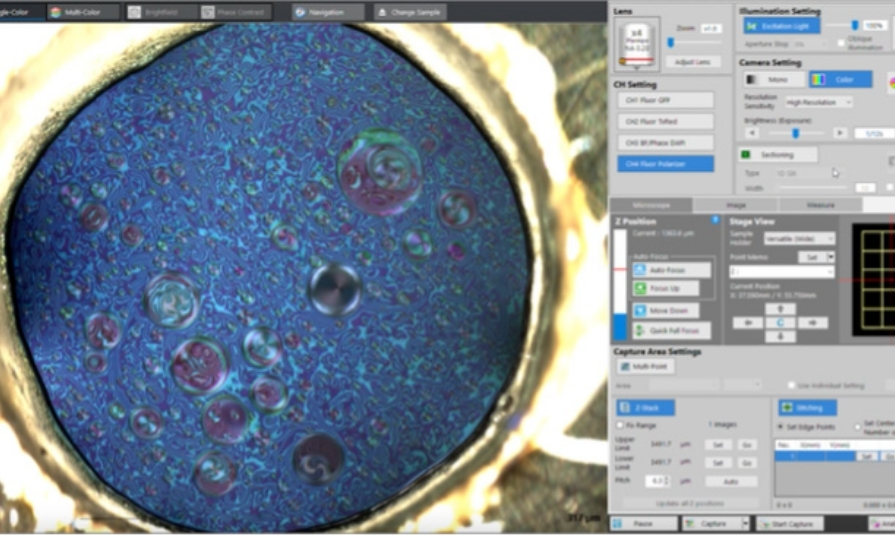
The insights gained from this mission could have far-reaching applications beyond just computer and television screens. Potential uses include the development of “smart glass” that can adjust its transparency and heat transmission, advanced tunable optical filters for medical devices, drones, and satellites, and enhanced technologies for augmented and virtual reality (AR/VR).
This historic launch not only represents a significant achievement for the Thai scientific community but also signals the nation’s growing capabilities in the global space sector, inspiring a new generation to reach for the stars.
Source: Thailand Liquid Crystals in Space (TLC)


